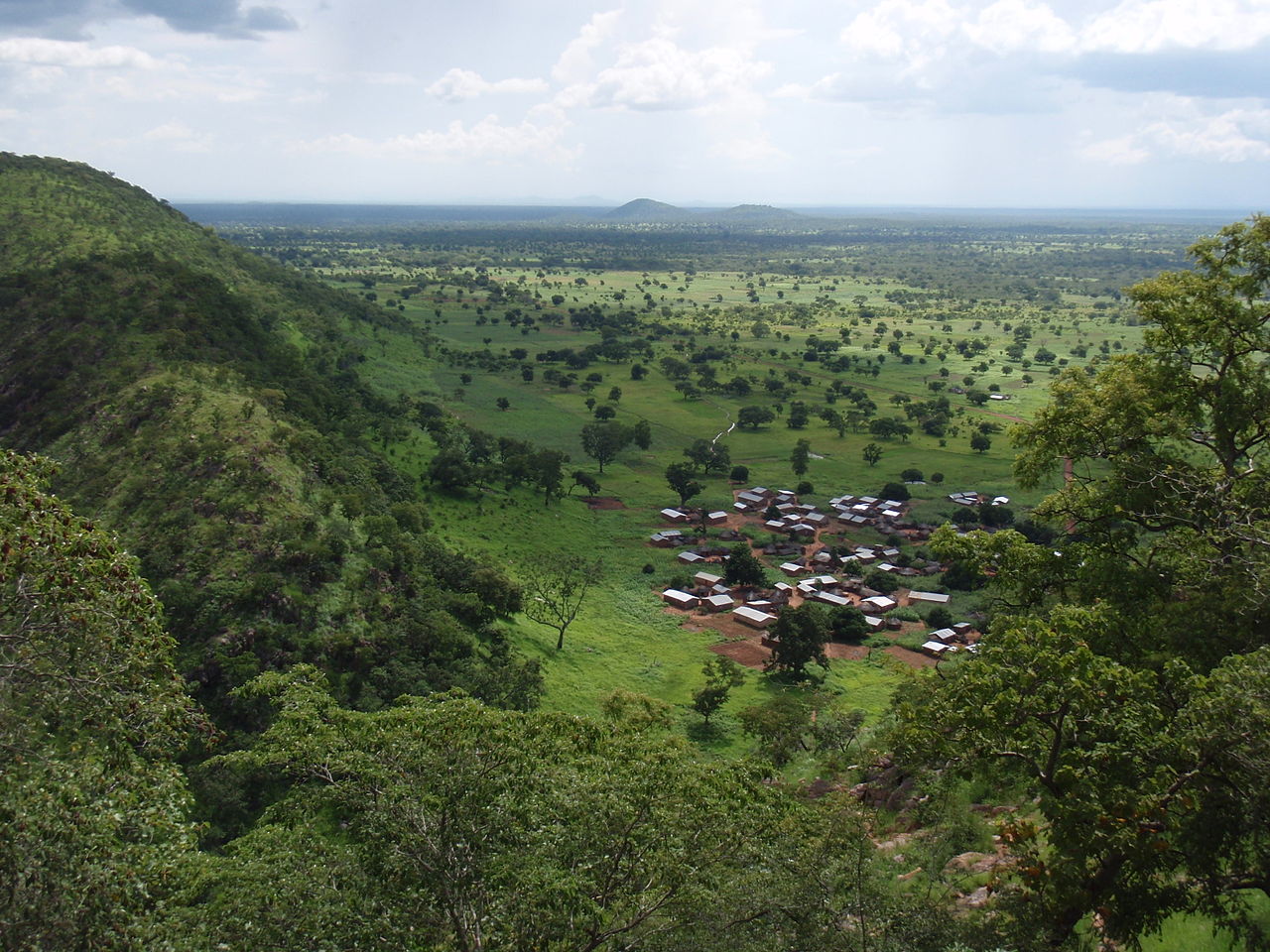BACKGROUND
In 2019, AFF commissioned studies targeting the strengthening of the capacity of African forestry stakeholders to integrate and increase uptake of forest and on-farm tree-based adaptation and mitigation options in response to climate change in Anglophone, Lusophone, and Francophone Africa. Based on this assessment, AFF developed a framework for integrating forest and tree-based mitigation and adaptation (M+A) options in different landscapes.
The African framework for integrating forest and tree-based mitigation and adaptation in response to climate change, is AFF’s strategic effort to support locally appropriate actions that address socio-environmental challenges. With approximately 284 million people living in or around forest and savannah areas, the M&A framework aims to focus on enhancing resilience and forestry practices towards repairing, restoring, and regenerating nature and communities. Further, the framework also aims to foster inter-sectoral integration of forest and on-farm tree-based interventions, advocate for incentives and capacity building support to stakeholders to, in effect, boost the potential of nature-based solutions to tackle climate action.
However, experts and practitioners in different sectors very so often lack access to relevant information and knowledge-sharing platforms to exchange ideas, seek advice, and focus research efforts in this regard. Across the continent, this limited access to information is amplified by intricate themes that require continuous learning. As identified in the AFF Knowledge Management Strategy (2021-2025) , Communities of Practice (CoPs) can serve as an efficient and easily accessible way for sharing information and learning.
CoPs are active networks whose members are interested in learning about the same topics and, as such, can draw on AFF’s membership to advance knowledge sharing, innovation, and the uptake of best practices to solve critical problems. Functional CoPs can allow a geographically and professionally varied audience to successfully implement activities that integrate forest and on-farm tree-based mitigation and adaptation options using the contextualized framework for effective reporting in their Nationally Determined Contributions (NDCs) and other national plans and programmes.
OBJECTIVE
The aim of this assignment is to guide, engage, capture the views, findings, and recommendations of an AFF CoP on REDD+ and best practices integrating forests and tree-based on M&A in response to climate change in Africa.
SCOPE OF WORK
The key tasks of this assignment will be to:
i) Develop a concept note, and a programme that includes topics for the online discussion forum
ii) Work with AFF Secretariat to tailor discussion topics in line with project plans.
iii) Work with AFF to develop presentations on the selected topics to guide the online discussion
iv) Guide and engage a broad range of stakeholders on the discussion platform to enrich the global conversation on climate change mitigation and adaptation in African forestry.
v) Provide input on relevant networks, individuals, and institutions specific to the area of focus and invite to participate in the online discussions.
vi) At the end of each discussion, draft and post a daily summary note.
vii) Actively guide the discussion to ensure it remains focused on the agenda, discussion questions, and draft the final summary report (5 pages maximum).
viii) Daily tasks required during the e-discussion – 2-3 hours per day (two weeks in total per topic):
a. Welcome participants to the virtual discussion
b. Introduce the topic, rules of engagement, emphasize deadlines, and drive discussions to address any open/pending issues.
c. Prepare and deliver presentations and posts to the discussion.
d. Identify guest speakers and ensure delivery of their presentations.
e. Provide encouragement to drive the discussion when no contributions have been posted, by posing questions, contacting members directly through the platform, posting complementary content such as documents, sites and text.
DELIVERABLES
This assignment aims to deliver the following:
• Daily webinars held from 21 November – 2 December 2022.
• Useful resources for the e-discussion uploaded and shared regularly.
• Daily summaries of the e-discussions
• Final report of e-discussions and submitted to AFF within 2 weeks of the end of the 3-week discussion period.
MINIMUM QUALIFICATIONS AND SKILLS
The online discussion moderators must have the following qualifications and skills:
At least a master’s degree in forestry or natural resource management with experience in forest planning and management in the context of climate change; a PhD will be an added advantage.
At least five years’ working experience in sustainable forest management in the context of climate change.
Have written at least a book chapter, and or published in peer reviewed journals on topics related to sustainable forest management and climate change adaptation and mitigation in different forest types.
Excellent writing and oral communication skills in English. Knowledge of French is an additional advantage.
DURATION OF ASSIGNMENT
The work is expected to take one (1) calendar month, commencing on 1 November 2022. The online regional facilitator will work from their locations but be in close consultation with relevant staff at the AFF Secretariat while keeping to an agreed delivery schedule.
DEADLINES
(i) Applications must be received by the AFF Secretariat on or before 15 October 2022.
(ii) Consultancy activities must begin no later than 1 November 2022.
HOW TO APPLY
Please email your application to AFF, attaching: Cover letter stating how you meet the above qualifications and experience requirements; An updated CV. Indicate the subject line: “Consultancy: Online regional facilitator for AFF CoP on REDD+ and best practices integrating forests and tree-based M&A in response to climate change” to d.gitonga@cgiar.org with a copy to m.avana@cgiar.org, exec.sec@afforum.org. Only successful applicants will be contacted.

